Search
Search Results
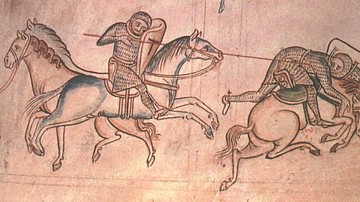
Definition
Sir William Marshal
The Englishman Sir William Marshal (c. 1146-1219 CE, aka William the Marshal), Earl of Pembroke, is one of the most celebrated knights of the Middle Ages. Renowned for his fighting skills, he remained undefeated in tournaments, spared the...
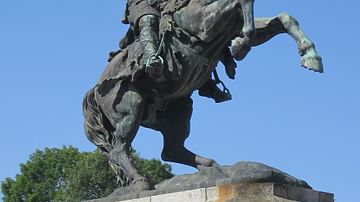
Definition
William the Conqueror
William the Conqueror (c. 1027-1087), also known as William, Duke of Normandy, led the Norman Conquest of England in 1066 when he defeated and killed his rival Harold Godwinson at the Battle of Hastings. Crowned King William I of England...

Definition
William II of England
William II of England, sometimes called William 'Rufus' for his red hair and complexion, reigned as the king of England from 1087 to 1100 CE. The son of William the Conqueror (r. 1066-1087 CE), the younger William was loyal to his father...
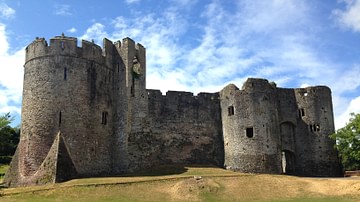
Definition
Chepstow Castle
Chepstow Castle, located in Monmouthshire, South Wales, was first built c. 1067 by William FitzOsbern and then significantly improved c. 1190 CE by Sir William Marshal (c. 1146-1219 CE), one of England's greatest ever knights who served four...
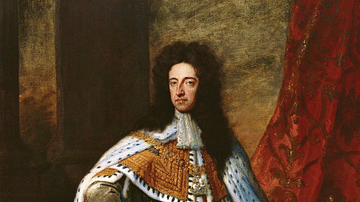
Definition
William III of England
William III of England (also William II of Scotland, r. 1689-1702) became king of England, Scotland, and Ireland after the Glorious Revolution of 1688. Protestant William, Prince of Orange, was invited to rule jointly with his wife Mary II...
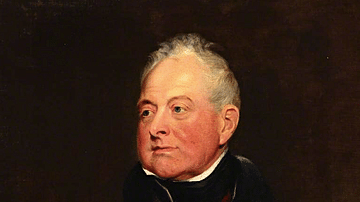
Definition
William IV of Great Britain
William IV of Great Britain (r. 1830-1837) succeeded his elder brother George IV of Great Britain (r. 1820-1830) to become the fifth Hanoverian monarch. William had a successful naval career, and his reign is best remembered for the democratic...
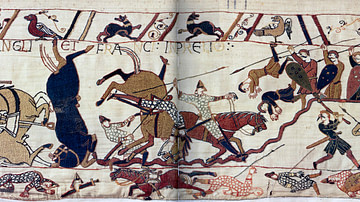
Definition
Norman Conquest of England
The Norman Conquest of England (1066-71) was led by William the Conqueror who defeated King Harold II at the Battle of Hastings in 1066. The Anglo-Saxon elite lost power as William redistributed land to his fellow Normans. Crowned William...

Definition
William the Silent
William the Silent (l. 1533-1584, also known as William of Orange) was the leader of the Dutch Revolt (the Eighty Years' War) in the Netherlands; first politically (between 1559-1568) then militarily (between 1568-1584). He is among the most...
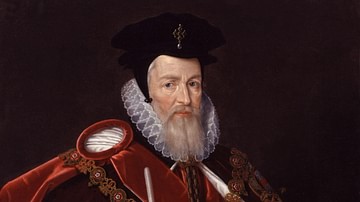
Definition
William Cecil, Lord Burghley
William Cecil, 1st Baron Burghley (1520-1598 CE) was Elizabeth I of England's most important minister for much of her reign (1558-1603 CE). Lord Burghley was Secretary of State for both Edward VI of England (r. 1547-1553 CE) and Elizabeth...
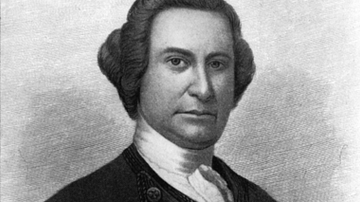
Definition
Sir William Johnson
Sir William Johnson, 1st Baronet (l. c.1715-1774) was a British military officer, diplomat, and Superintendent of Indian Affairs. He was instrumental in aligning the Native Americans of New York with the British during the French and Indian...